Opinion: Competition in school is deteriorating teens’ mental health
In my first semester of seventh grade, I spent most of my lunch periods sitting in my counselor’s office. I had moved friend groups, gone through family trauma and had an overload of anxiety. I started going to therapy and was prescribed medication to improve my mental health.
Although I was taking steps to overcome these feelings, I still ended up switching to online school for the following semester and all of my eighth grade year due to my mental state. When I returned to in-person school my freshmen year, I was faced with a new factor contributing to my anxiety: grades.
I’m not alone in dealing with anxiety. According to the Anxiety & Depression Association of America, 25.1% of teens struggle with an anxiety disorder. The Child Mind Institute reports over the last 10 years, anxiety disorder diagnoses in adolescents has increased by 17%.
Personally, I think it’s a shift in teachers’, administrators’ and college admissions officers’ values that has led to an increase of anxiety among teens. We no longer feel valued for our unique interests and hobbies, because it doesn’t impress teachers or college admissions unless they are paired with a pile of AP classes. As teenagers enter high school, they are faced with new ways to compare themselves to others.
Even if we wanted to avoid these comparisons, we can’t escape them. Through the release of transcripts and reminders from teachers, students are constantly reminded of their class rank and whether or not someone is going to get ahead of them. We are faced with the pressure of turning in assignments on time, all while trying to do quality work and fill our free time with extracurriculars to enhance our resumes. Social media doesn’t seem to help either. While competitiveness among peers in the academic and social world has always existed, now, we are able to judge ourselves and others at any given time. Social media is not healthy for our self-perceptions as we compare ourselves to people we see online.
Social media has worsened many insecurities, one being academic performance. I have often found myself contrasting my grades and test scores to many users who share theirs on platforms like Tik Tok. Recently, I was comparing my personal scores to a girl who made a perfect score on her ACT, and in the moment, it seemed like I was simply motivating myself with some self-doubt and competition. After I felt unworthy due to my test score, I began to question why I even trusted some stranger’s claims. Even if they are being truthful, success is individual and I shouldn’t base my self worth off of others.
Considering the fact that I’m constantly trying to improve a class average or class rank, I can’t blame myself for having this competitive mindset. Competitiveness has been promoted in my 12 years of public school, and continuing in this way has only worsened my anxiety.
Anxiety isn’t just a feeling of dread or uneasiness; for many it can lead to depression, substance misuse, eating disorders and self-harming behaviors. Considering 80% of kids with a diagnosable anxiety disorder are not getting treatment, schools, parents and teens themselves should be taking active steps to help stop this increase of anxiety among adolescents.
Encouraging students’ individual success instead of sharing exact rankings among a class would allow students to value effort and be proud of their peers’ achievements. Starting at the school level to manage teens’ anxiety would set them up to have a stronger sense of self worth when they are faced with internet content that can often be triggering to teens with anxiety.
In order to relieve the anxiety among teens, we can not use competition to motivate them. Instead, we should praise them for their success as individuals and embrace their unique skills. Getting rid of the publicity of class rank and academic competitiveness would not only decrease stress among teens, but allow them to value others’ traits, creating a more wholesome high school environment.
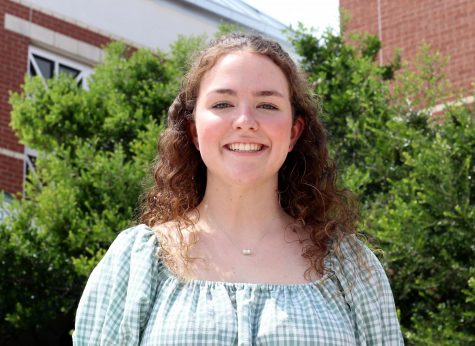
Senior Malley O’Carroll is the social media manager and this is her third year on staff. She loves spending time with her family and friends, traveling,...



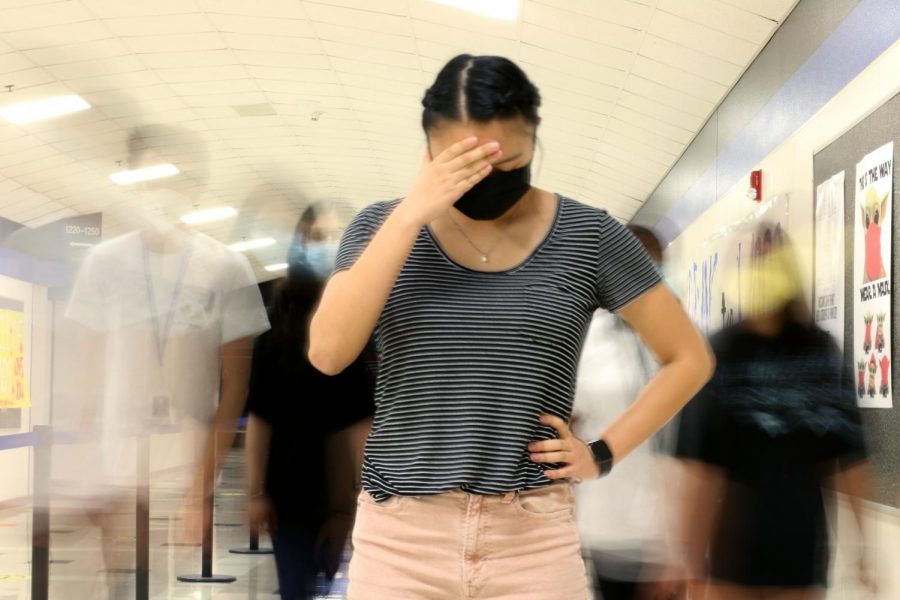



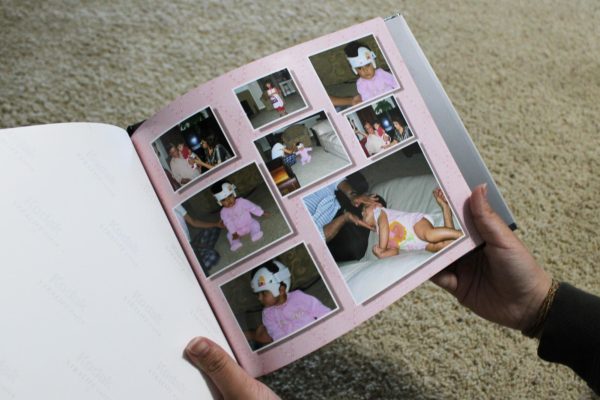
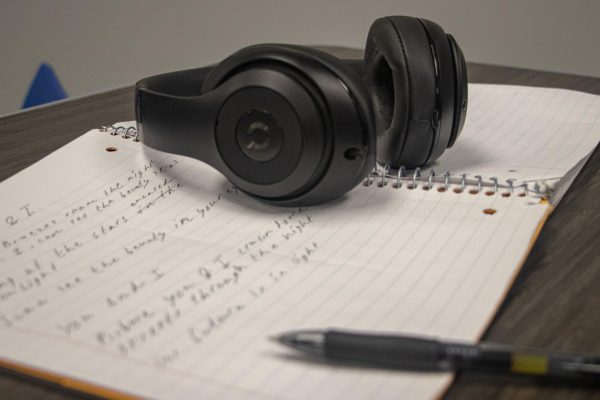




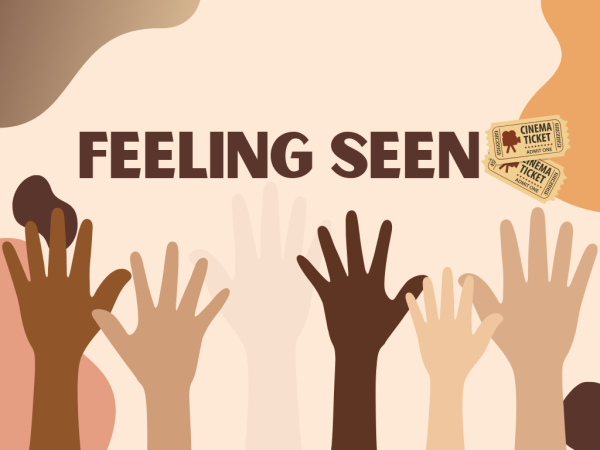
Jeanette Rooks • May 19, 2021 at 11:40 AM
I love that you offered a solution to the problem, yet sadly I know we’re far from making the major shifts we need in education to reduce stress and competition. Good news is that when you leave high school, there is far less ranking. Thanks for sharing your thoughtful and well-supported opinion.